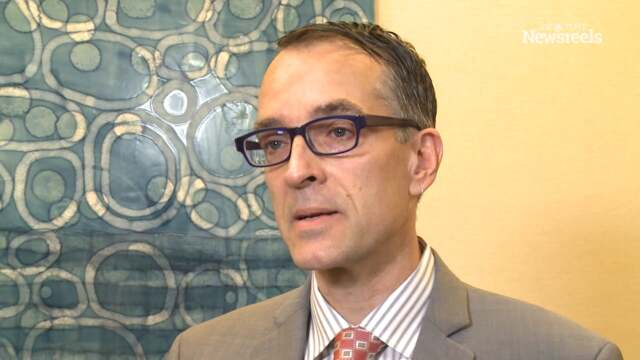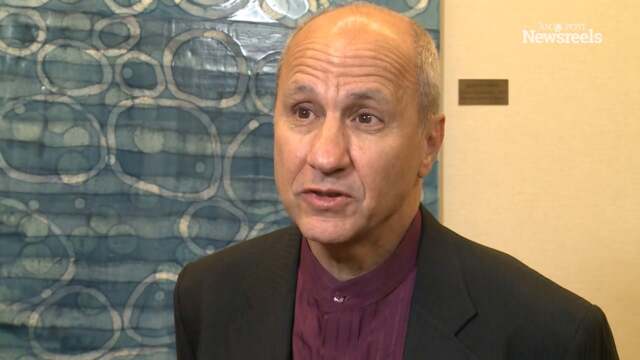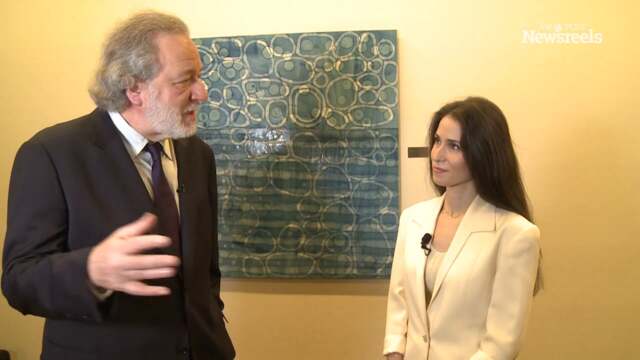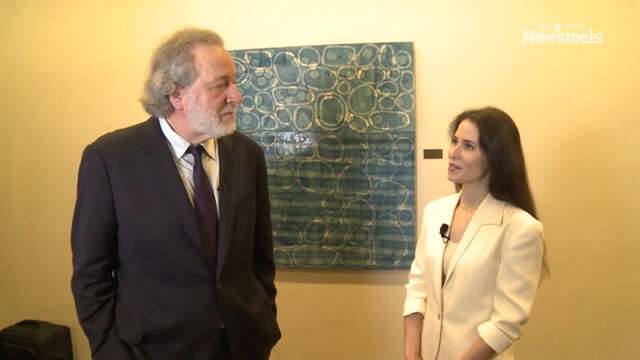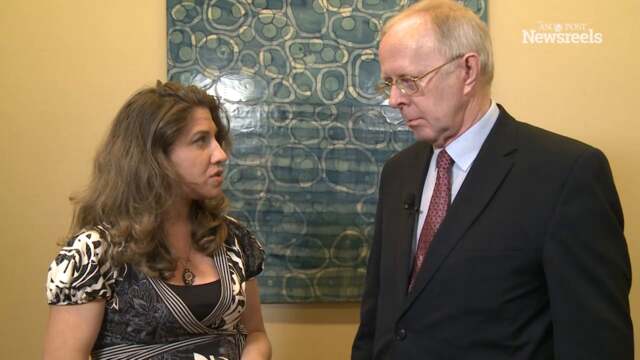Mark Lazenby, PhD, APRN, FAPOS, on Distress Screening in the Community Setting
2015 IPOS APOS World Congress of Psycho-Oncology
Mark Lazenby, PhD, APRN, FAPOS, of the Yale School of Nursing, discusses the APOS–ACCC project to screen for psychosocial distress in community cancer centers. These model programs improve patient care and the patient experience.
Christopher J. Recklitis, PhD, MPH
Christopher J. Recklitis, PhD, MPH, of the Dana-Farber Cancer Institute, discusses what is known about suicide after cancer, the risks faced by prostate cancer patients within the first year after diagnosis, and challenges across the treatment trajectory
Matthew J. Loscalzo, LCSW
Matthew J. Loscalzo, LCSW, of the City of Hope, discusses the ways in which a person’s gender influences how he or she reacts to and copes with a cancer diagnosis and treatment.
Allison J. Applebaum, PhD, and William S. Breitbart, MD
Allison J. Applebaum, PhD, and William S. Breitbart, MD, of Memorial Sloan Kettering Cancer Center, discuss the early days of this new treatment for despair and distress in cancer patients.
Allison J. Applebaum, PhD, and William S. Breitbart, MD
Allison J. Applebaum, PhD, and William S. Breitbart, MD, of Memorial Sloan Kettering Cancer Center, discuss a powerful treatment approach that is grounded in a moving personal story.
Wendy Lichtenthal, PhD, and David Kissane, MD
Wendy Lichtenthal, PhD, of Memorial Sloan Kettering Cancer Center, and David Kissane, MD, of Monash University, discuss the importance of and challenges with attending to the whole family during palliative care.
